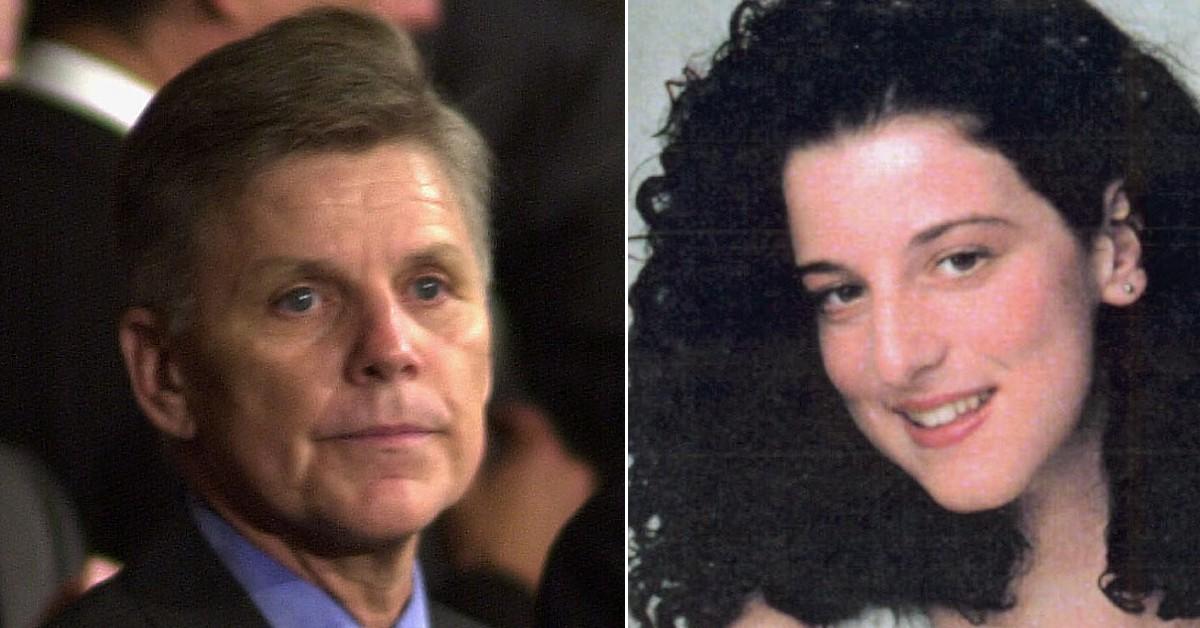Jeffrey Epstein’s Former Jail Mate Believes He Was Taken Off Suicide Watch ‘Intentionally’
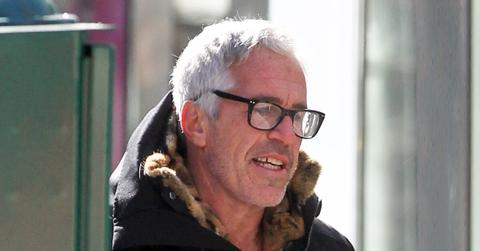
Nov. 21 2019, Published 11:47 p.m. ET
There may always be questions surrounding his sudden death. Before Jeffrey Epstein was found dead in his jail cell on August 10, 2019, due to an apparent suicide, the disgraced businessman had already attempted to kill himself once. So why was he taken off suicide watch not long before he died? Episode 11 of “Epstein: Devil in the Darkness” explores some of the mystery around Epstein's death — and the opinion of several experts and other sources who aren't so sure it was suicide.
In July 2019, Epstein was arrested and indicted for sex trafficking of underage girls. He was accused of sexually exploiting and abusing “dozens of minor girls at his homes in Manhattan, New York, and Palm Beach, Florida, among other locations.” That would have made him pretty unpopular in jail, according to prison expert Cameron Lindsay.
"Here’s a guy who’s a convicted pedophile, super high publicity, everybody in the world probably knew he was a convicted pedophile," Lindsay explains. "He was further being accused of human trafficking, sexual assault of young girls ... and he knew a lot about a lot of very important people." He claims, "In the world of jails and prisons, it’s a badge of honor for an inmate to kill somebody like Epstein."
Epstein was placed in the general population at Metropolitan Correctional Center along with prisoners accused of everything from murder to serious drug offenses and extreme violence. His former lawyer Alan Dershowitz says on the podcast, "These pre-trial detention facilities are terrible, and they have driven more than Jeffrey Epstein to suicide."
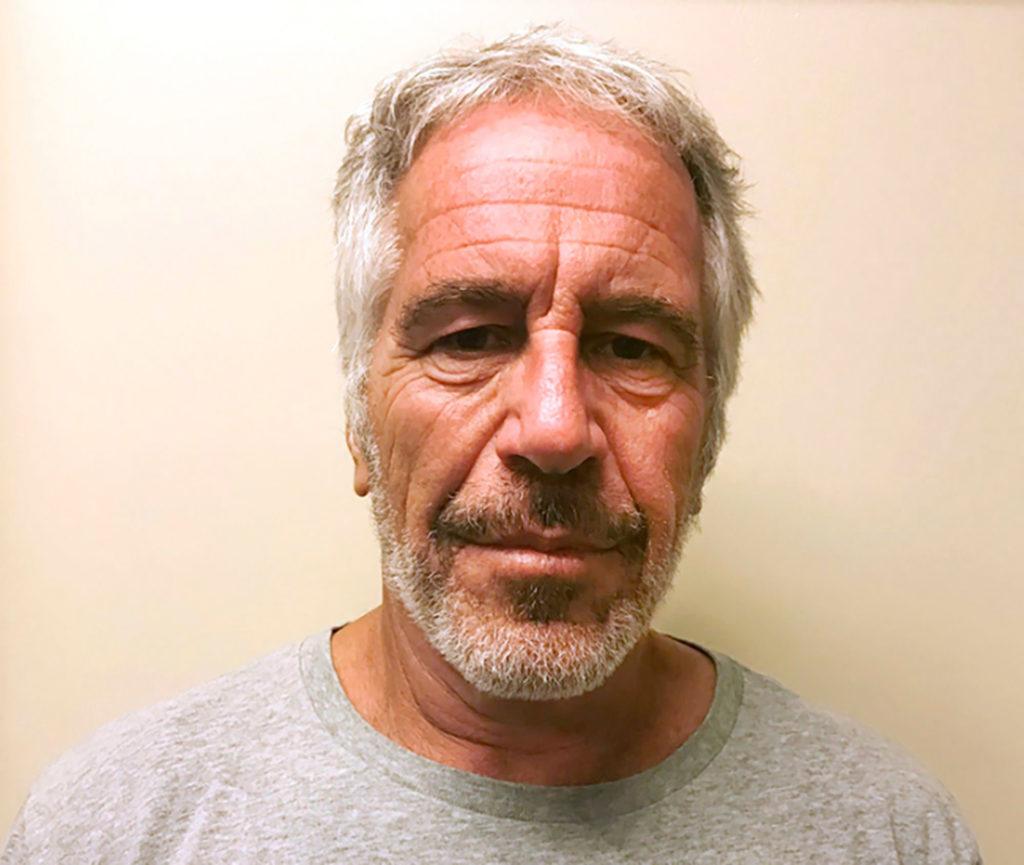
His jail mate speaks out on the podcast about those facilities, and about how badly the financier was treated during his time at MCC. He claims, "The guards didn’t like Epstein because he was always asking for special treatment ... Epstein would have to wait two weeks before he actually got anything, worse than any other inmate that was there."
The fellow inmate continues, "One time, I heard Epstein’s bunkie call for help from the guards. I think that was the first time he had tried to kill himself. When they carried Epstein out of the cell, man, yo, they dropped him on his face ... I heard it hit the floor with the loudest thud. I’ll never forget it, man, because it was sickening, but Epstein didn’t make a sound because he was out cold."
That incident was likely Epstein's first alleged attempt at suicide on July 23, just five days after he was denied bail. He was found semiconscious in his jail cell and had injuries to his neck and claimed he was assaulted by his cellmate, Nicholas Tartaglione. But Tartaglione said Epstein had tried to commit suicide, and later, an internal prison investigation reportedly cleared Tartaglione of any assault.
That incident led to Epstein being placed on suicide watch. Lindsay explains on the podcast, "At some point, it was determined by the Bureau of Prisons that Epstein engaged in a legitimate suicide attempt. So they ... put him on suicide watch. When an inmate is placed on suicide watch, he or she is removed from either the general population or the special housing unit (SHU), and they’re moved into a specially designed suicide prevention cell in the health services department."
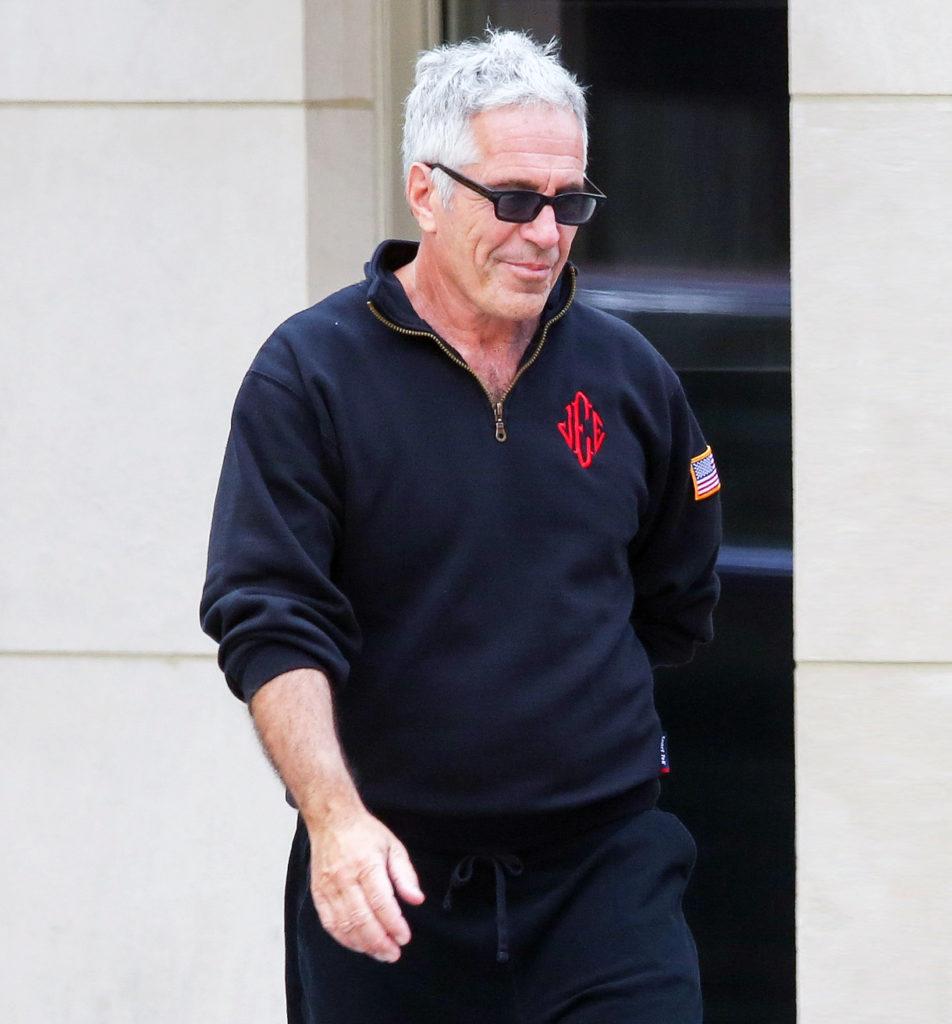
"When you’re on suicide watch in an institution like the Metropolitan Correctional Center, there is a guard literally sitting in a chair outside your cell watching what goes on in your cell at all times," former MCC inmate Richard Stratton reveals. "He was being watched very, very carefully."
But Epstein didn't get that treatment for long and was taken off suicide watch just six days later. "In the Federal Bureau of Prisons, it’s a policy that only the chief psychologist ... can remove an inmate from suicide watch," Lindsay explains. "I believe Epstein manipulated his way off of suicide watch, and that was a mistake."
"The only reason they would take him off suicide watch is so that he could be murdered without anybody being there to say, 'Well, we didn’t see it happen,'" Stratton claims.
Afterward, Epstein was moved to the 9 South area of the jail, a special housing unit which is also a lockdown unit and heavily surveilled. So how did the late businessman end up dead less than two weeks after the move? His former jail mate believes, "I think they took him off of suicide watch intentionally. The guards were happy Epstein was trying to kill himself."
Another reason some are skeptical Epstein killed himself is that news of his death was seemingly posted in an online forum "before any of the traditional media outlets had a clue he'd died," claims reporter Andy Tillett on the podcast. An anonymous 4chan user allegedly posted about the death 38 minutes before it officially broke on ABC News. “It was a complete bolt from the blue," Tillett continues. "The obvious question is: Did the unidentified 4chan user have anything to do with his death?”
"When you’re in supermax, virtually nothing can happen without some complicity on the behalf of the staff," Stratton says. "You’re totally under the control of staff at all times ... for a guy like Epstein to have supposedly killed himself in this institution ... Why was he taken off suicide watch? He was taken off suicide watch so that someone could get in there and kill him, as clear as day."
Epstein's former personal chauffeur claims on Episode 11 that Epstein was paranoid about threats to his life even before his time at MCC. "He was afraid that somebody was going to try to kill him," he claims. The businessman's former business partner, Steven Hoffenberg, agrees: "He was trying to negotiate a deal with the government. Why would a man with $600 million trying to turn state’s evidence against the rich and the powerful kill himself? ... If you weigh the facts and look at the events, they do not add up."
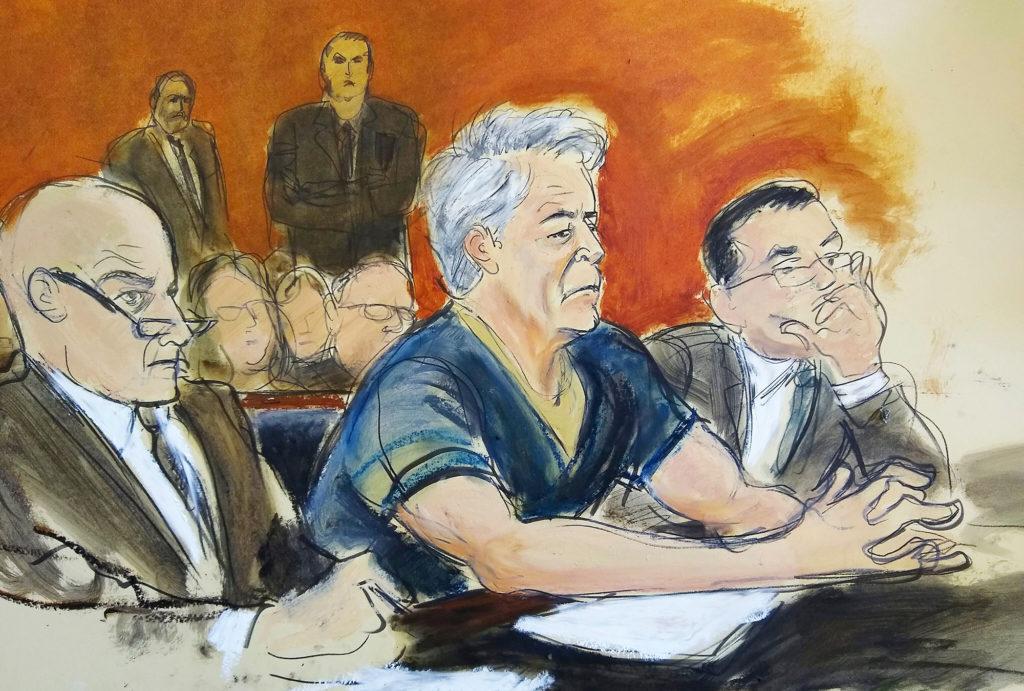

Even some of Epstein's victims don't believe his death was by his own hand. Attorney Spencer Kuvin, who is representing many of Epstein’s alleged victims in their ongoing civil cases, says of his clients, "Their reaction ... was skepticism. Can it really be true? Did he really commit suicide? Is he really dead? With a certain measure of, 'I hope he is because now he will never be able to do this to someone else again.'"
Gloria Allred, who is also representing several of Epstein's alleged victims, expresses similar feelings. "The highest-profile criminal suspect in the country, who was under the care and supposedly the protection of the federal jail in New York, the Metropolitan Correctional Center, how could that have happened?"
Of course, all of these opinions remain speculation because Epstein's official cause of death was ruled a suicide by hanging as of August 16, according to the New York medical examiner. The Bureau of Prisons had already called his death an "apparent suicide."
There's a chance we may never know exactly what happened at the end of Epstein's life, but clues continue to trickle out. For instance, on November 19, two federal correctional officers were charged with “making false records and conspiring to make false records and to defraud the United States” in connection to his death.
The guards allegedly created records falsely stating they completed the requested checks of inmates at MCC in the SHU on the night Epstein committed suicide, when those tasks were not, in fact, done. As a result, they found Epstein's body far too late to do anything about his death. Will we continue to learn more about his suspicious passing as time goes on?
“Epstein: Devil In Darkness” is produced by the creators of “Fatal Voyage: The Mysterious Death of Natalie Wood." The series was named to Apple Podcasts’ Most Downloaded New Shows of 2018 and received a 2019 Webby Best Series honoree nod from the International Academy of Digital Arts and Sciences.
“Epstein: Devil In Darkness” releases new episodes every Thursday.


